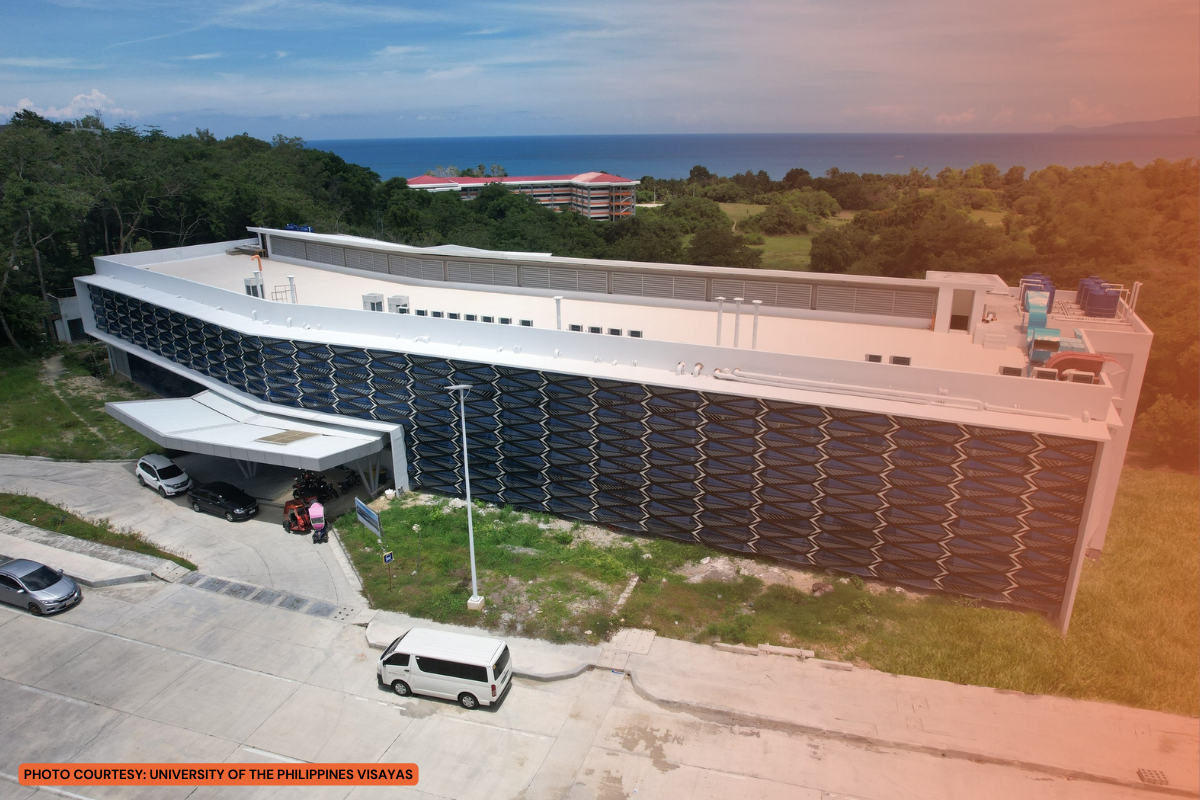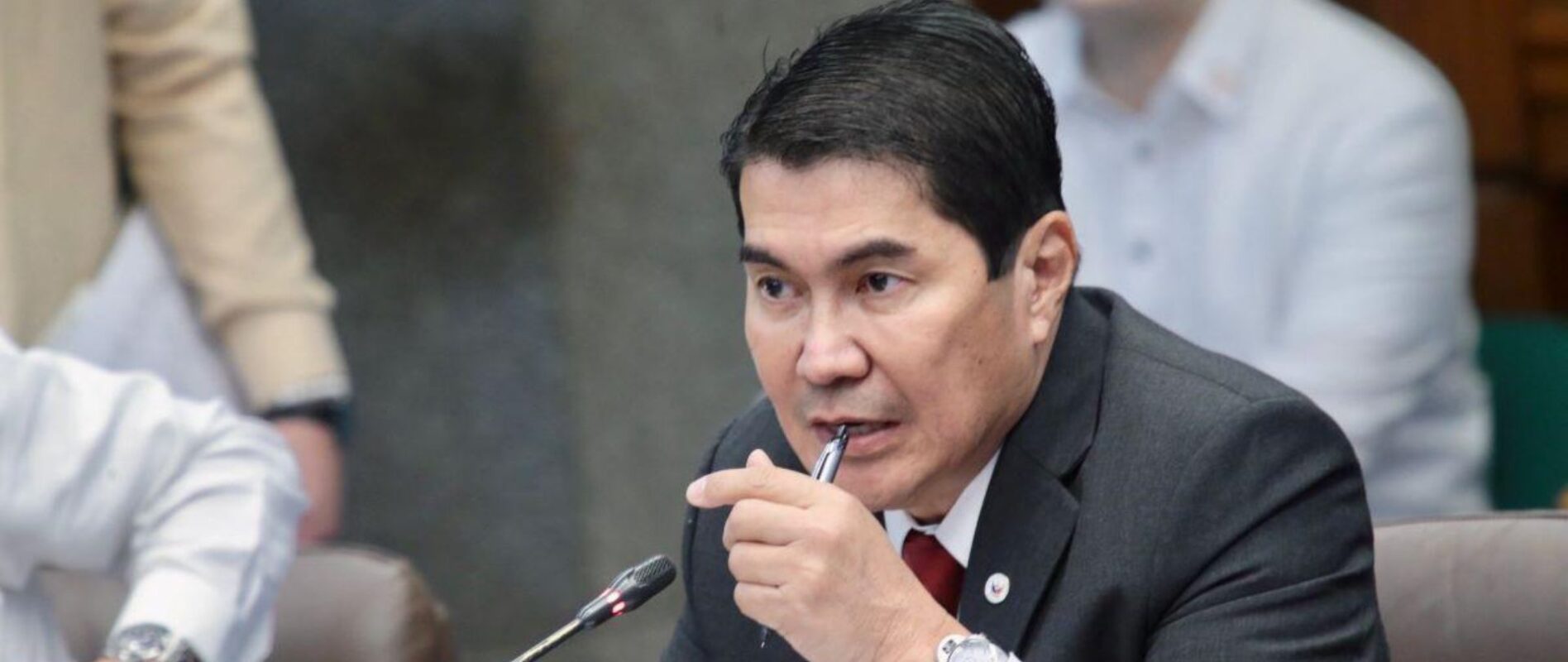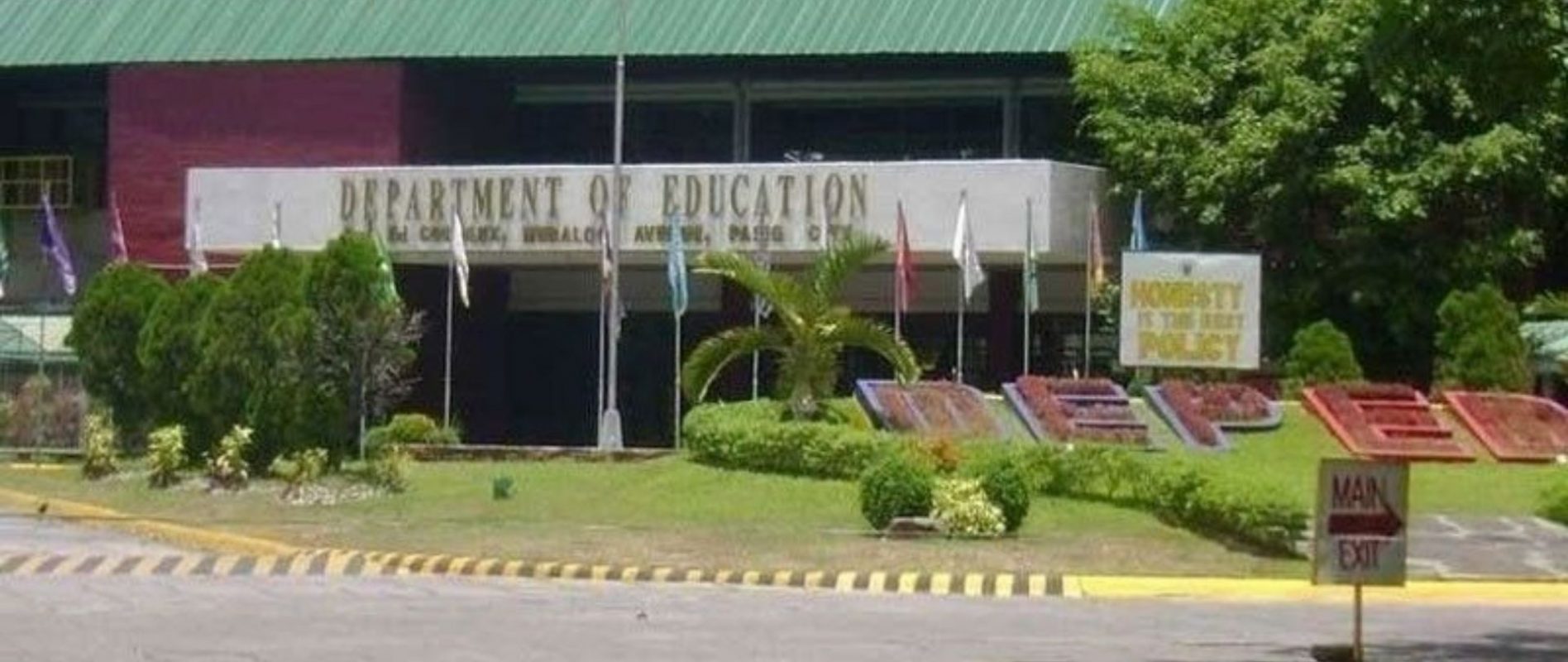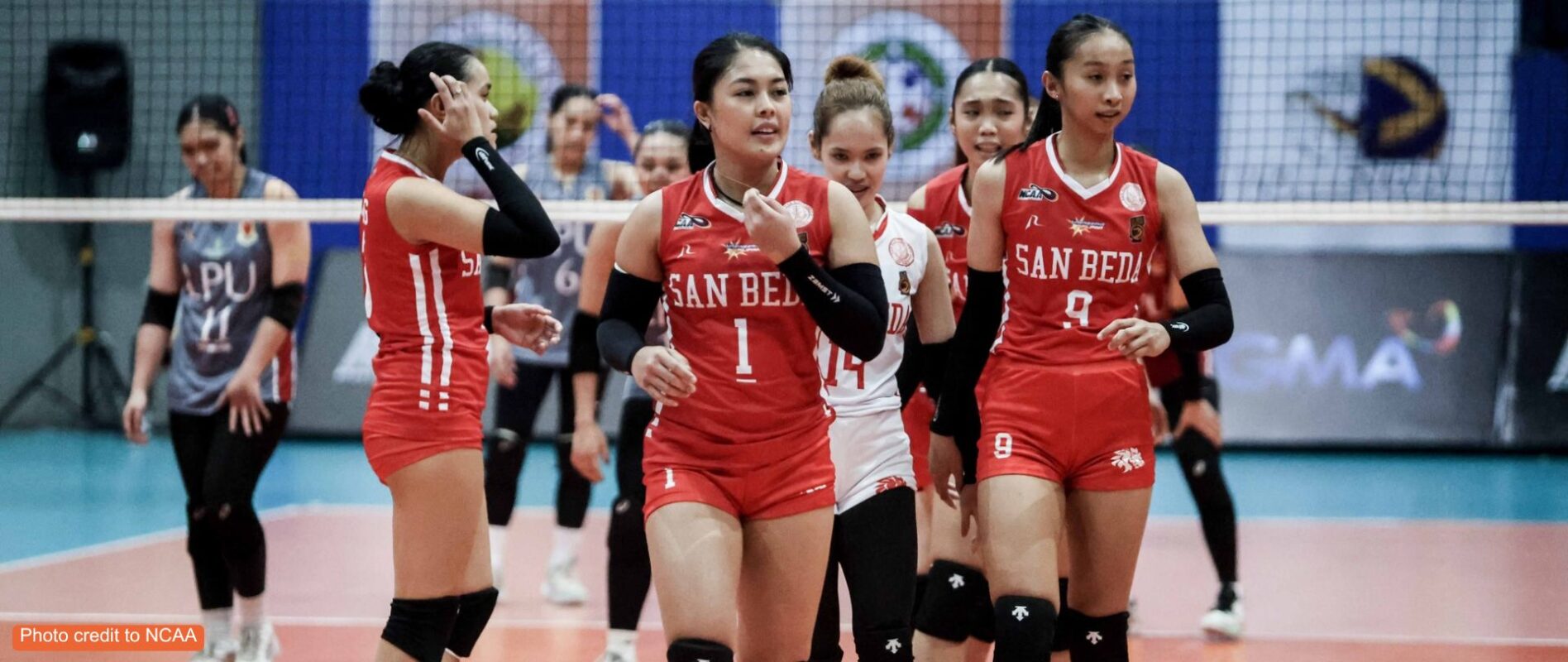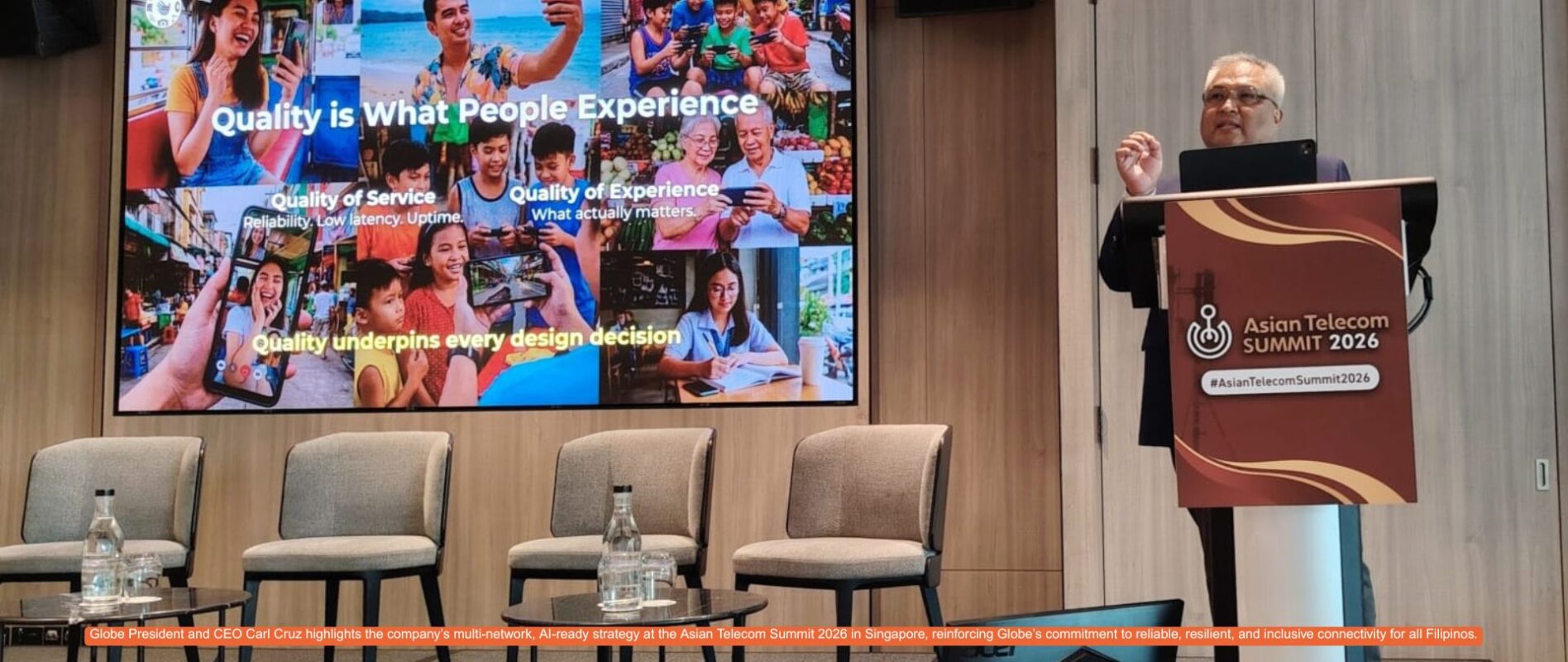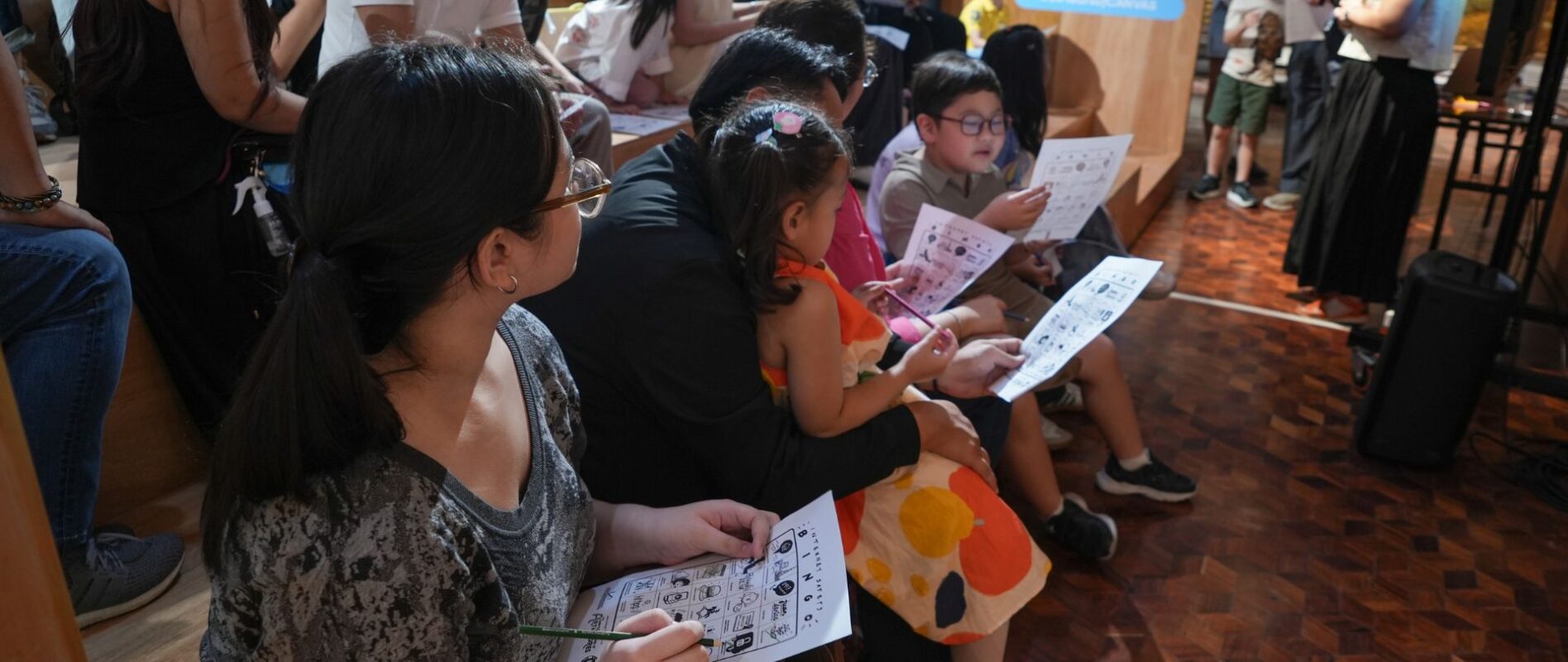UP BOR OKAYS INSTITUTIONALIZATION OF UPV REGIONAL RESEARCH CENTER
THE UNIVERSITY of the Philippines System Board of Regents approved the institutionalization of the UP Visayas’ Regional Research Center during the 1375th meeting held earlier this month.
According to UPV, the center is a newly established multidisciplinary research facility that started operating in 2018.
It aims to strengthen the research and innovation capabilities of UP Visayas by providing access to and training on advanced analytical equipment and method development.
The RRC, along with the Philippine Genome Center Visayas, have reached out and engaged with 30 other SUCs and HEIs to carry out its mandate for S&T capacity building, UPV said.
The center aims to increase and support research and development investments in the regions, specifically in Western Visayas, and extend its reach toward neighboring countries in Asia and the Pacific.
“The RRC currently has five laboratories under its Research and Innovation Division, namely, the Applied Chemistry, Biology, Foods Feeds and Functional Nutrition (Food), Material Science and Nanotechnology, and Microbiology and Bioengineering laboratories,” the university said.
“The Center also has a Training, Extension, and (Science) Communication Division and an Engineering and Support Facility Section under the Administrative Division. It also houses the Philippine Genome Center Visayas, which serves as the omics research facility of UP Visayas,” it added.
The center is counted as “one of the strongest support facilities in UP Visayas to be at par with international standards.”
The institution is implementing several research and extension projects supported by in-house and external funding.
It has also entered several research collaborations with both internal and external stakeholders.
“The RRC’s research and extension personnel continue to realize the Center’s mandates and improve its operations by seeking additional grants while continuously offering other regular services, specifically sample processing, equipment use, and capacity building training on equipment use, method development, and basic principles,” UPV said.

